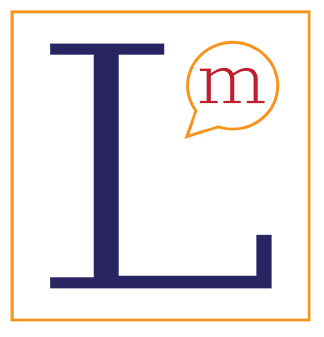Learning a New Language: The Pitfalls of Correcting Language Mistakes

Learning a new language in a high-stress environment isn’t unlike driving with your hand-break on.
The more you go, the more likely you are to break down and stop.
Motivation, self-confidence, and low stress are critical factors when learning a new language. A learning environment is optimal when these three interdependent factors are at their best.
Being corrected in public, when you haven’t explicitly asked to be, can be highly discouraging when learning a new language. This can easily increase anxiety and lower self-confidence.

Example:
I was in a café the other day with a friend. This friend, who recently arrived in a French-speaking region, was taking French classes and had completed about 10 hours of classes. They were comfortable with simple conversations and requests.
While chatting with the server, they mentioned they were taking French classes.
The server felt the appropriate response was to quiz them on their French. My friend was somewhat taken aback. Ten hours of classes didn’t give them the level to converse fluently in French. They were also self-conscious about repeating what they had learned, especially when put on the spot in front of others.
The friend then wanted to order a drink and asked, in French, for a bottle of water. Knowing they were taking classes, the server felt it his duty to correct their pronunciation of “bouteille” (bottle), a challenging word for French learners to pronounce.
My friend started getting exasperated, not only at the server but at themself.
The result of this intervention was that the person’s anxiety level immediately increased, as did their self-awareness. Understandably, this didn’t do wonders for their self-confidence.
In an ideal situation, the friend needed the server to give them the bottle of water, as they correctly requested, and take the win. Instead, a social situation where they spoke correctly turned into one of self-judgment and anxiety.
The server was actually pleasant and trying, but failing, to be agreeable.
What the server did wasn’t uncommon. This is a situation that many people find themselves repeating, or one that many language learners can relate to.

When we know how to do something, we often take it for granted that others should. Sometimes, despite our best nature, we can be pedantic in not understanding that others don’t excel at what we think is easy.
Overcorrecting, or even correcting someone’s language abilities, won’t do much good at helping them acquire the language. Correcting them may also go a long way to discouraging the person from speaking by lowering their self-esteem and increasing their anxiety.
So, what should you do? How should you correct them?
Unless the person has asked you to, you shouldn’t!
Fight the urge to correct people. As much as we want to believe this will help, it probably won’t. Language learning’s a process. People progressively acquire the vocabulary and sentence structures they need. As they increase their exposure to the language, they will also build their ear and improve their pronunciation. Correcting them on the spot won’t.

The article
Language learning’s surrounded by a sea of myths or “universal truths.” Often originating from misinterpreted facts, these myths become well-established realities.
Setting realistic expectations and navigating popular misconceptions is central to establishing firm foundations for learning new languages.
This series addresses some of these views, their origins, and whether there’s any truth to them in the hopes of encouraging people to learn a second, or third, language.
The author:
My Linguistics specializes in creating language acquisition methods for teachers and students. Our Swiss-based language training center serves as a testing ground for our method.
We’re passionate about helping people unlock the power of language and communication, and we’re committed to providing the resources and support needed to achieve fluency.
Contact us to learn more about our approach and language method.



